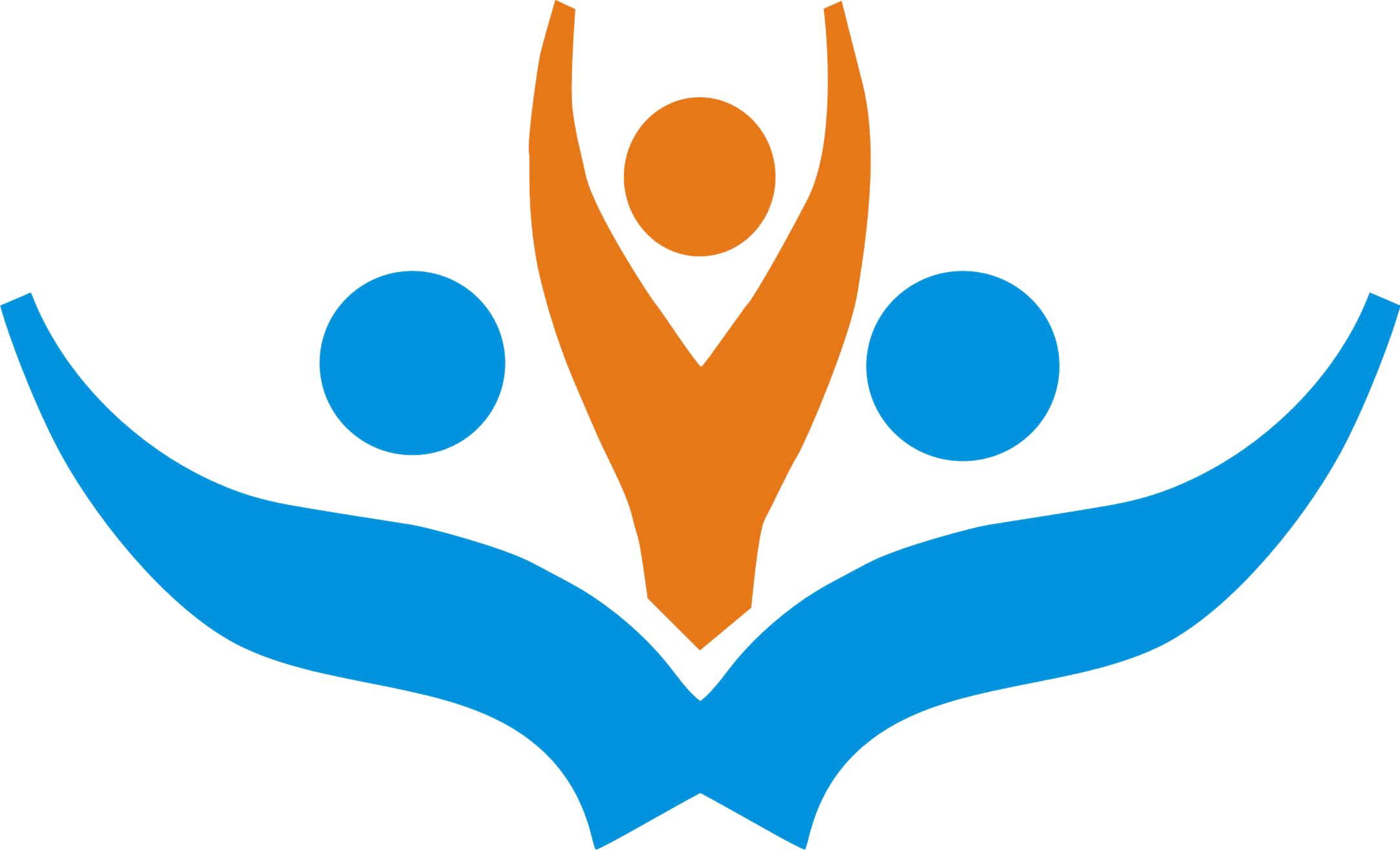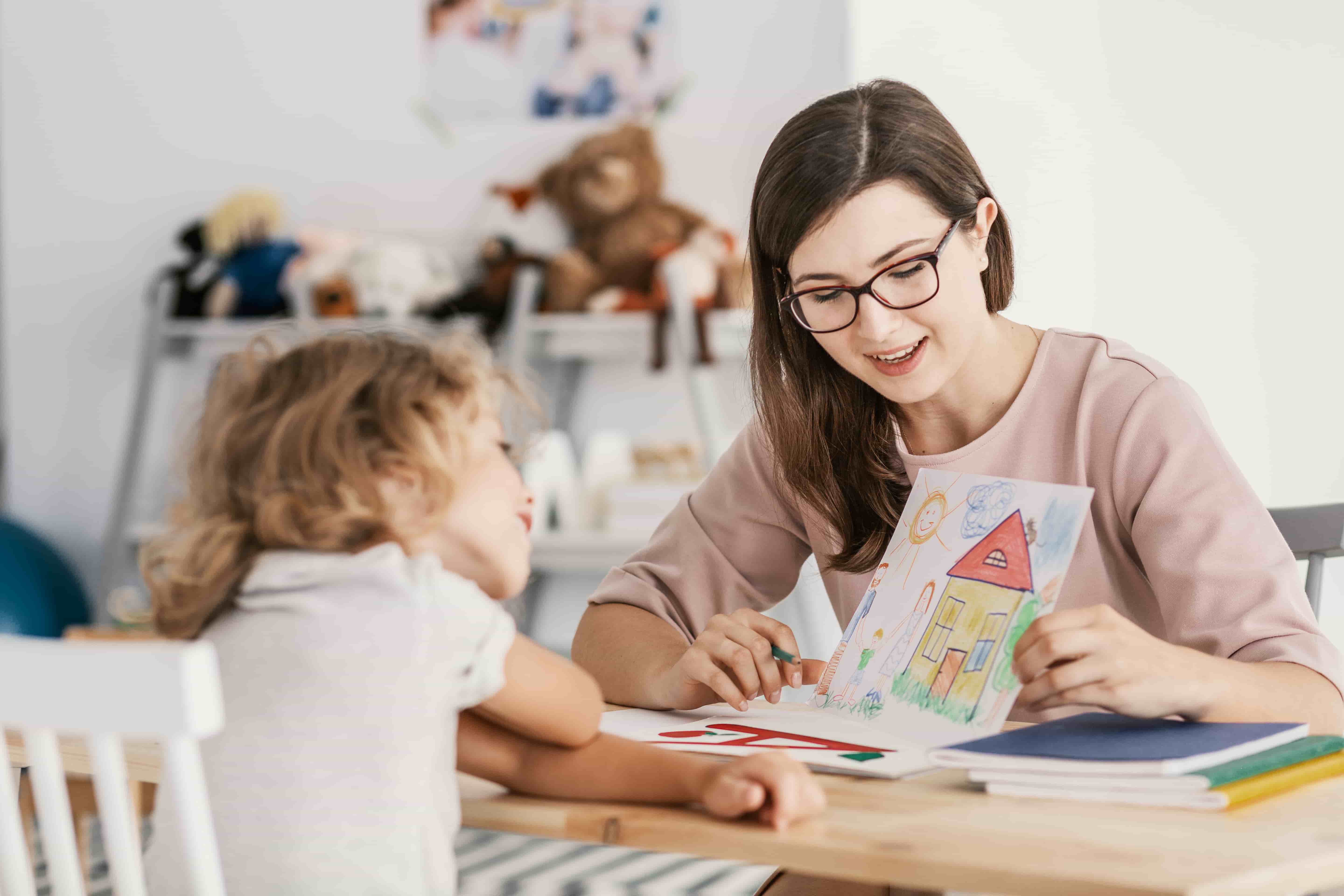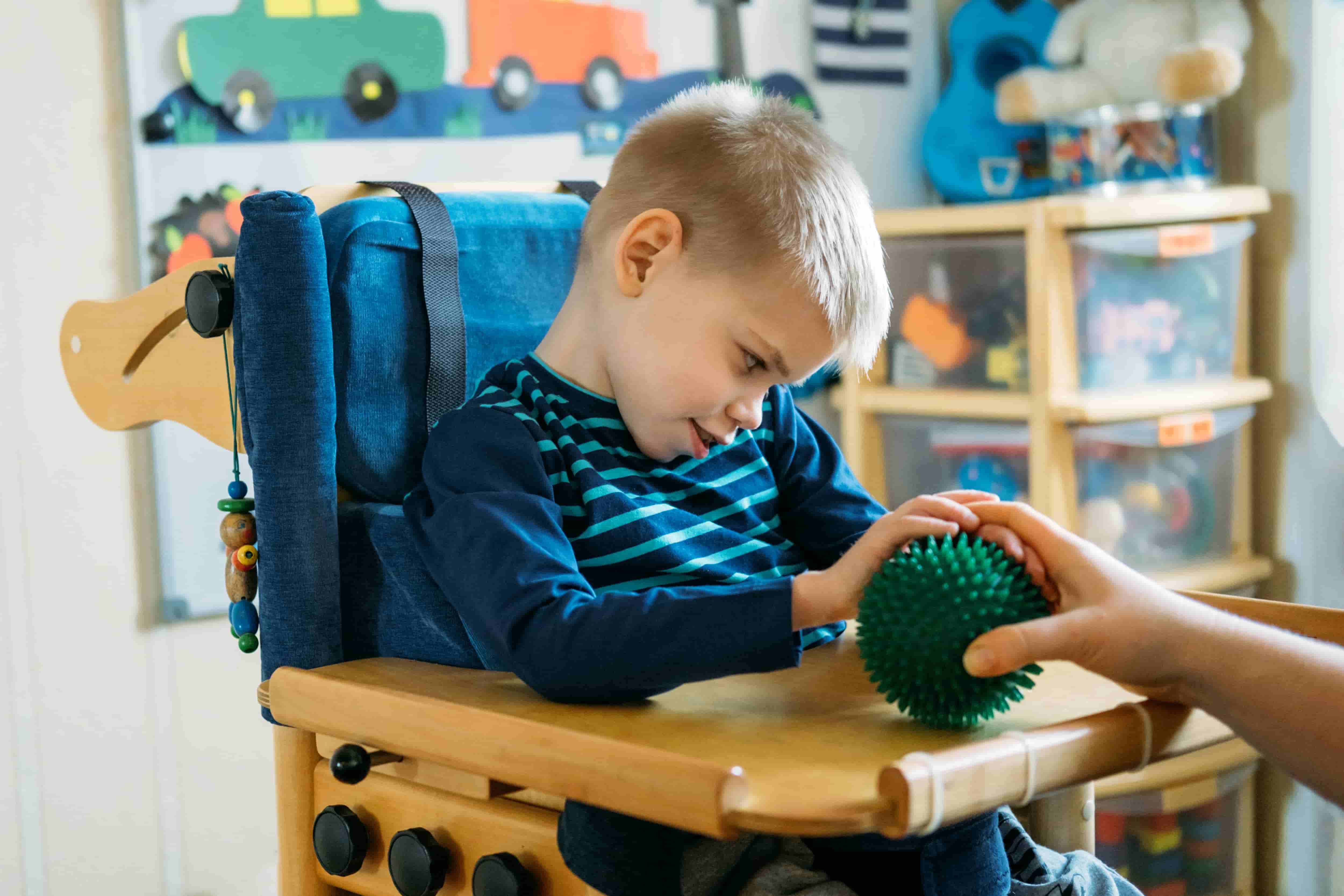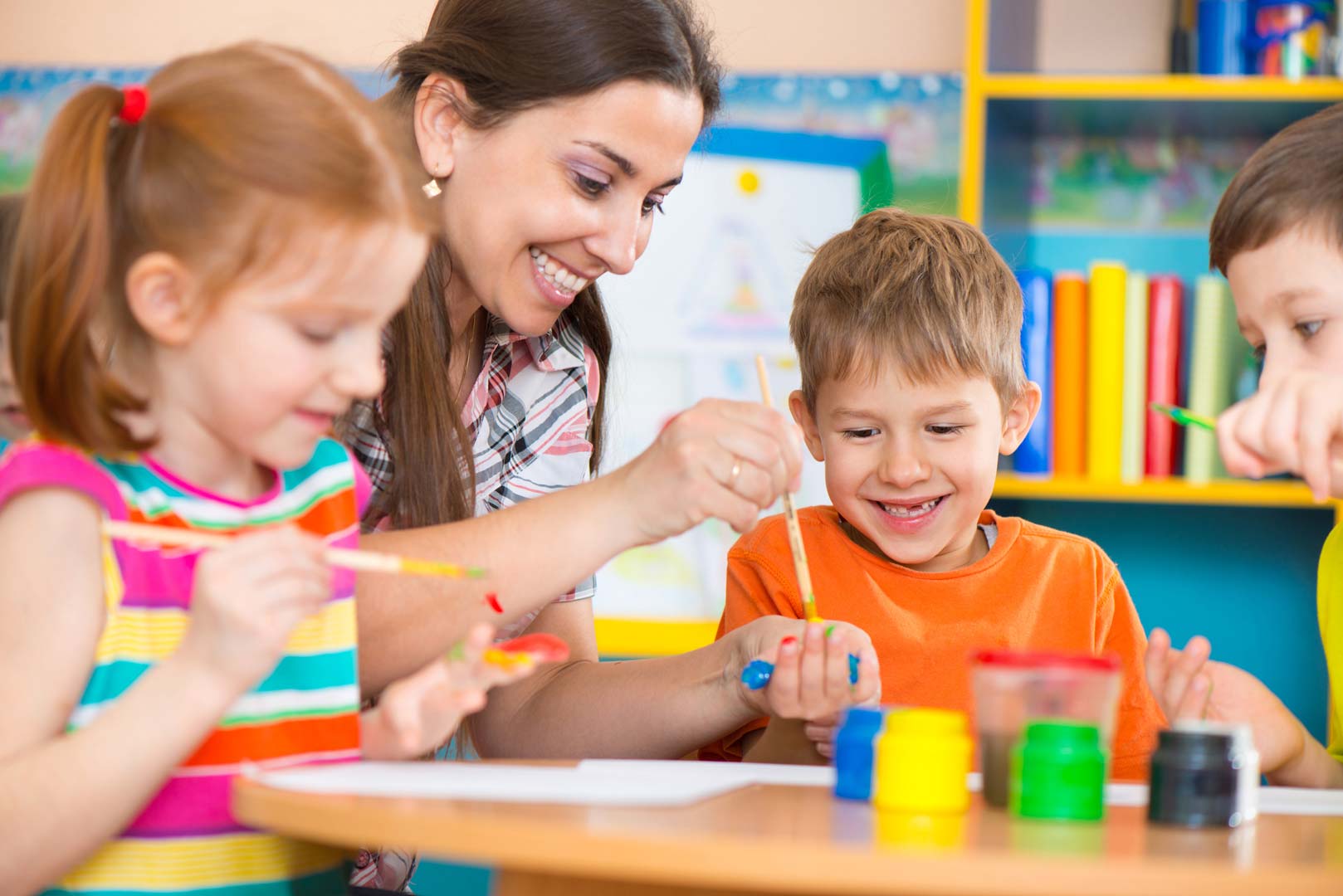
Supporting children and young people experiencing social isolation and loneliness
We all are likely to experience loneliness at some point in our lives. But having a disability means that you are more likely to be chronically lonely as half of disabled people say they are lonely and one in four feel lonely every day. Loneliness and isolation among disabled children and young people is a critical issue and the causes of loneliness among disabled people are complex.
It is important to understand the distinction between loneliness and isolation. Isolation is defined as separation from social or familial contact, community involvement or access to services. Loneliness can be understood as an individual’s personal, subjective experience and a negative emotion associated with a perceived gap between the quality and quantity of relationships that we have and those we want. It is therefore possible to be isolated without being lonely, and to be lonely without being isolated.
Social isolation and loneliness feature in national evaluations of wellbeing in India and are gaining increased policy attention. Researchers and policy makers are keen to understand the factors that make people more at risk of social isolation and how these are or not changing over time.
Social isolation and loneliness have negative consequences on physical and mental health in both children and adult populations. Children with neurodevelopmental disabilities (NDD) are often excluded and experience more loneliness than their typically developing peers. Loneliness among children with NDD is associated with negative consequences on mental health, behavior and psychosocial/emotional development with a likely long-term impact in adulthood.
While disability has been linked to greater risks of social isolation and loneliness, when looking at them contemporaneously, it is not easy to disentangle the cause and effect. Disability may limit people’s social lives, but there is also plentiful evidence that those without social contact face greater physical and mental health risks. In addition, those who are disabled tend to be more socio-economically disadvantaged and socio-economic disadvantage is also linked to greater risks of social isolation.
The causes, consequences of social isolation and loneliness, and indeed its very existence are impossible to determine without reference to the individual and their own values, needs, wishes and feelings. As such, it is also a complex and often time-consuming issues to address. However, they must be addressed due to the far reaching and devastating impacts they have on those who experience any of them on a daily basis.
Numerous studies have documented a link between isolation, loneliness, and physical health issues. Loneliness may be as bad for a person’s health as smoking 15 cigarettes a day. Some of the many health effects of isolation and loneliness include:
• Higher levels of stress hormones and inflammation
• Heart disease, including high blood pressure and coronary artery disease
• A higher risk of onset of a disability
• Increased vulnerability to chronic illness such a Type 2 diabetes
Social isolation may even increase one’s risk of premature death. A study found social isolation increases a person’s risk of death by 30%. It can increase the risks of mental health issues such as depression, dementia, anxiety and low self-esteem. Extreme isolation can have catastrophic effects on mental health. Humans are social animals who need human contact to thrive and sometimes even to survive.
Preventing Social Isolation and Loneliness
Preventing isolation and loneliness is hugely important and many therapists support this head on. The focus should be on areas that we see as key to preventing isolation and loneliness which include:
• Identifying trigger points
• Nurturing connections through kindness
• Caring & Giving all the good we can for the affected child or adult
• Joining them in the activities they like
Many things can enrich life of disabled children or adults by giving it a meaning and they are less likely to become isolated if they regularly take part in activities they find interesting or fulfilling. Specialist services can help people at moments of significant change and thereby prevent chronic or severe loneliness from setting in.
Supporting people who are Isolated or Lonely
We know that efforts should be placed on preventing loneliness in the first place, but we also know that there are many who are isolated and lonely and need our help right now. The factors that isolate people can also cut them off from support. Support needs to start with whole community methods to those who are most isolated or lonely. Without the right initial engagement, support is unlikely to have long-lasting impact. Therefore, positive meaningful first interactions are important followed by a step-by-step approach.
We need to provide diverse responses and simple solutions presented positively. Technology has a role to play too, even for the most reluctant of users. To reach them, we should cast a wide net and get all members of their family, members of the public, healthcare services and community involved which can all help to identify people who are most lonely. Effective co-operation is essential. As people make families and advance in their careers, isolation and loneliness will often decline.
If you or a loved one is experiencing isolation or loneliness, you can reach out to us at Chetna Foundation. We also provide effective support to children and people with any other form of disability.
| Tweet |





